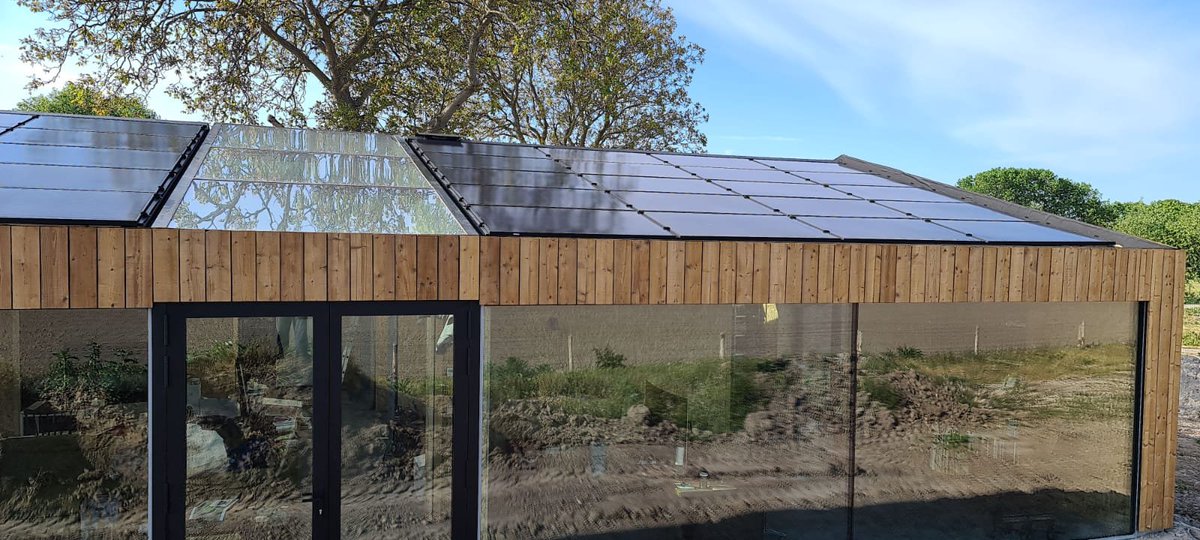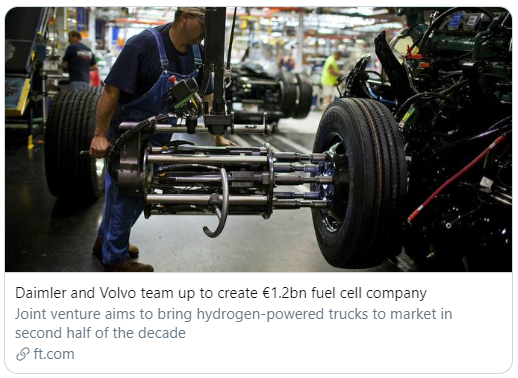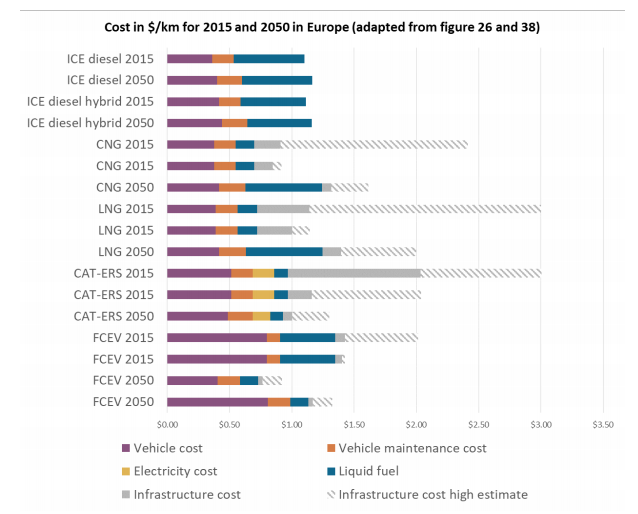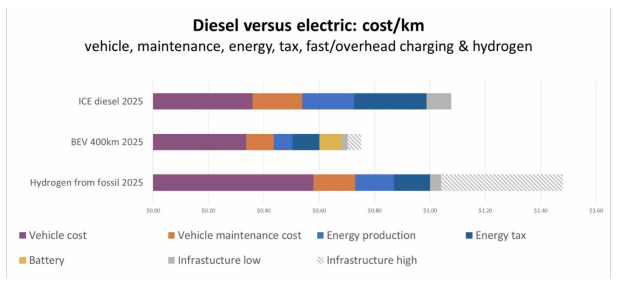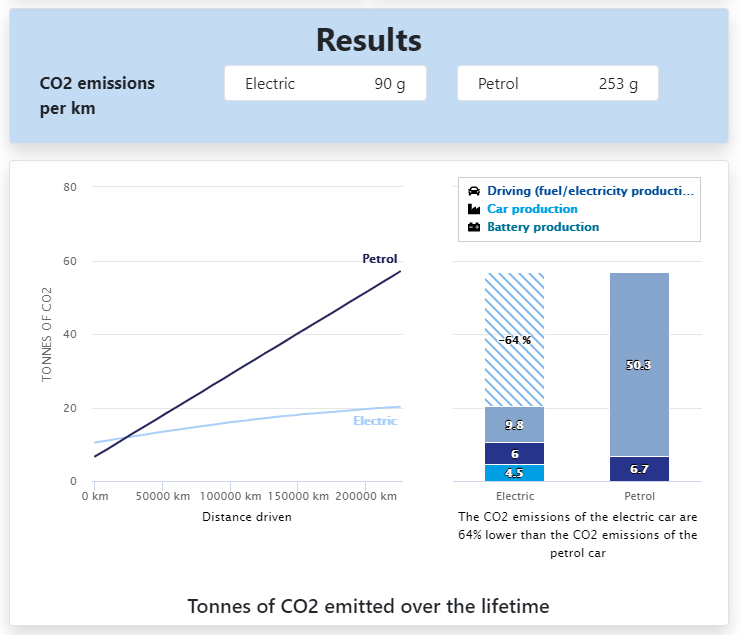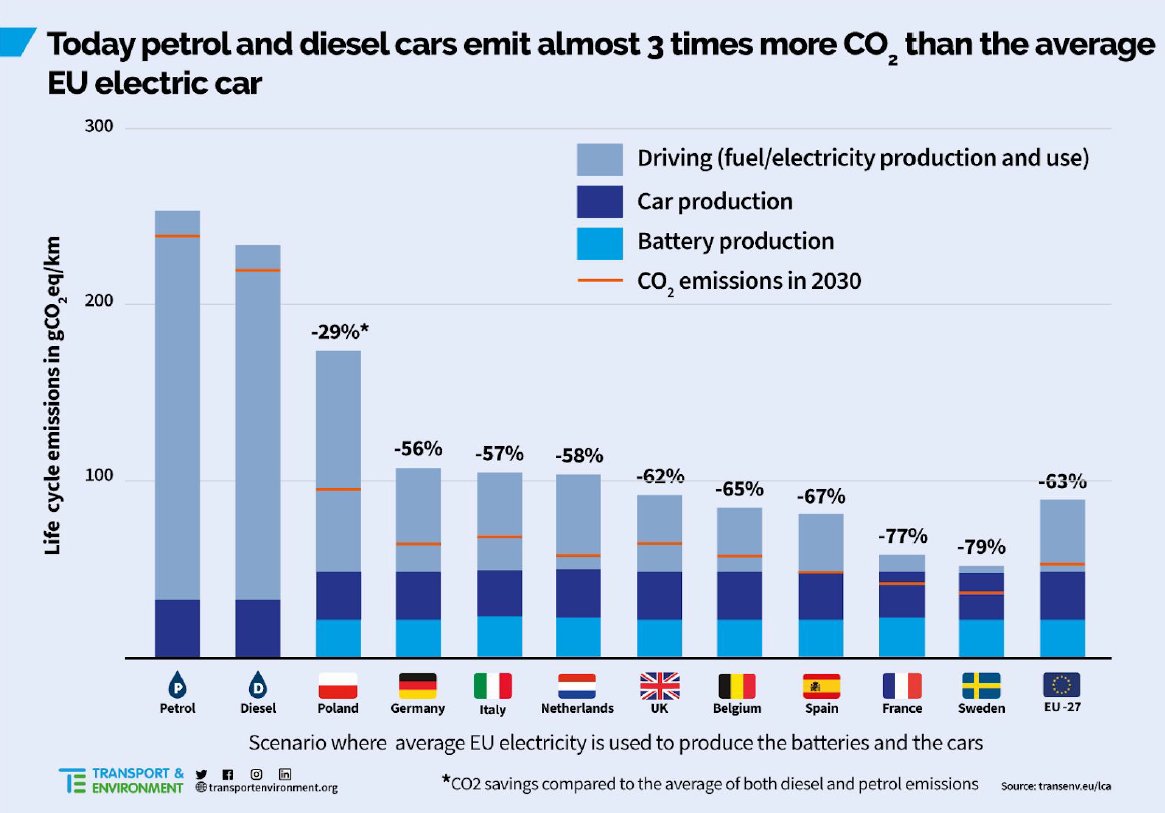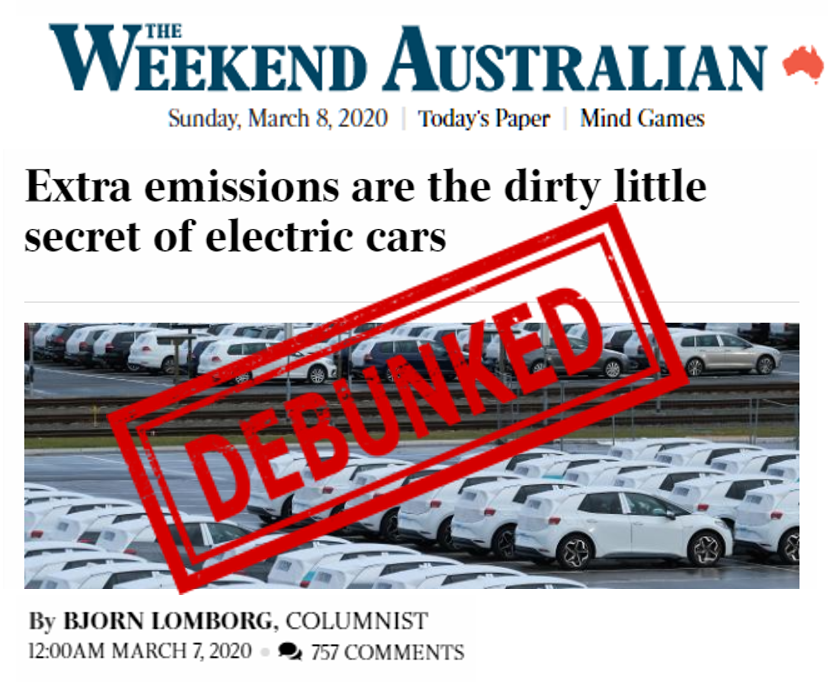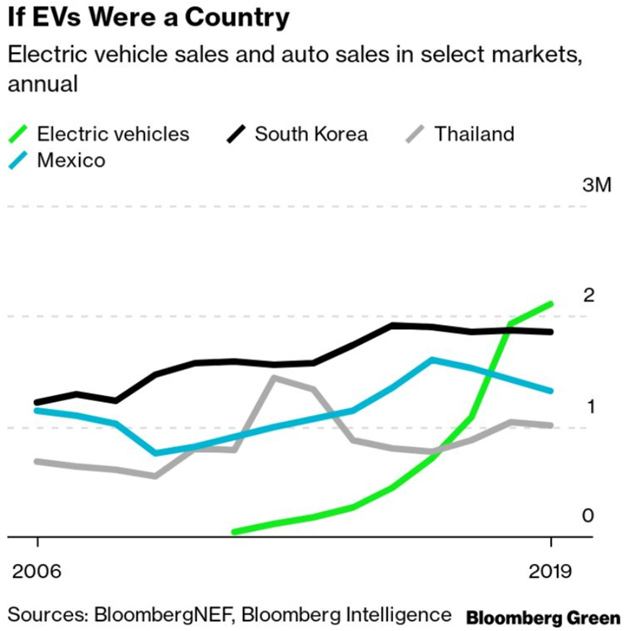Allow me to add some observations in this thread.
TL;DR I think it's increasingly about changing our energy system (adding flexibility and storage) instead of solar costs.
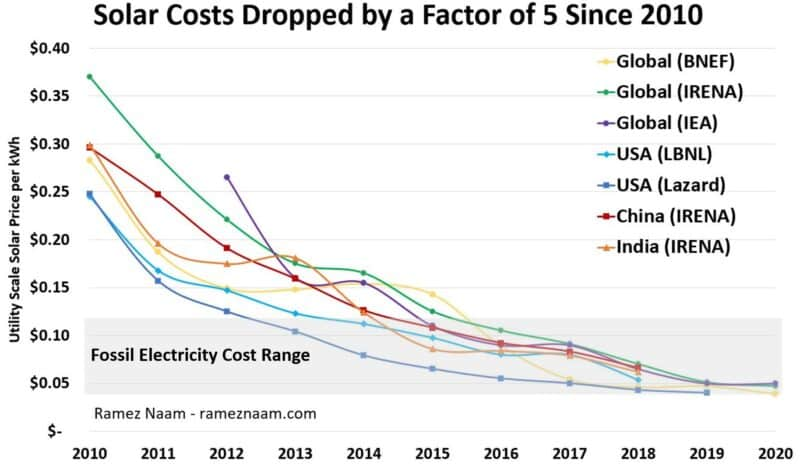
I've shown the @IEA underestimates this but some others (e.g. the IPCC) are actually worse.
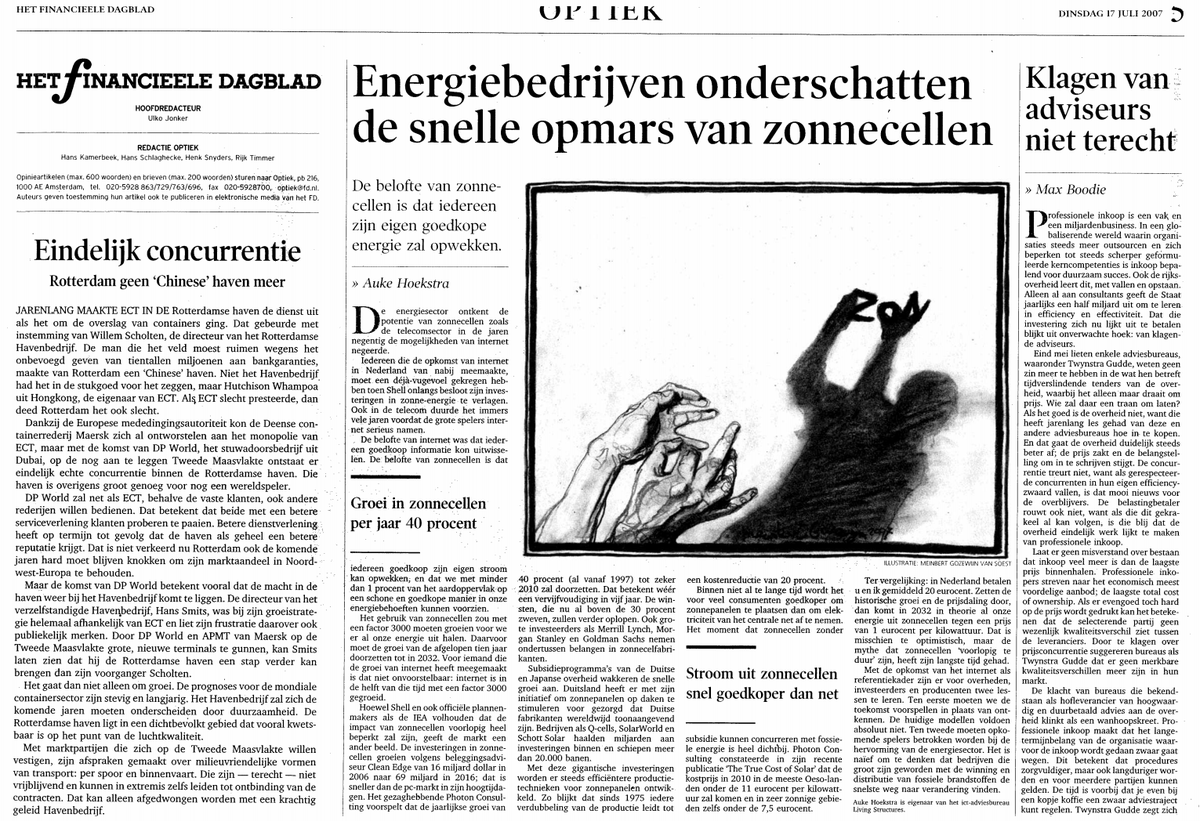
However, how much it costs to buy (=Capex) solar cells is increasingly irrelevant. That's simple logic: as cells get cheaper, other components get *relatively* more expensive. Let me give an example.
E.g. assuming 25 years of service with 1 kWh/Wp/year that translates to $3/kWh without capital cost etc.
Now that panels are $0.20/Wp (300x cheaper or <1ct/kWh) other costs start to dominate.
Unfortunately it's only half the story.
So we have to do two things:
1 Be flexible and exchange with neighbours.
2 Add storage.
It means not using our heat pumps all at the same time.
It means melting metal at night (wind) or the middle of the day (solar) and keeping it hot for when it's needed.
Etc. Etc.
Etc.
Long distance high voltage direct current (HVDC) lines can scale this up with low losses.
Batteries are insanely great for fluctuations that occur often and costs are plummeting in a way comparable to solar.
And why? Because they don't care to understand how the system they are responsible for is changing.
The best models of future energy systems I know are from @ChristianOnRE and @mzjacobson.
Best interconnection calculations in Europe by @nworbmot.
On EVs @colinmckerrache
Best ways to avoid climate change: @GlobalEcoGuy/@ProjectDrawdown
Great popularising overall system visionaries: @AmoryLovins/@RockyMtnInst @MLiebreich @chrisnelder
Currently we are destroying nature by burning it for energy.
In the future we will have abundant cheap energy that we get directly from the source: the sun.
Let's not mess this up.

